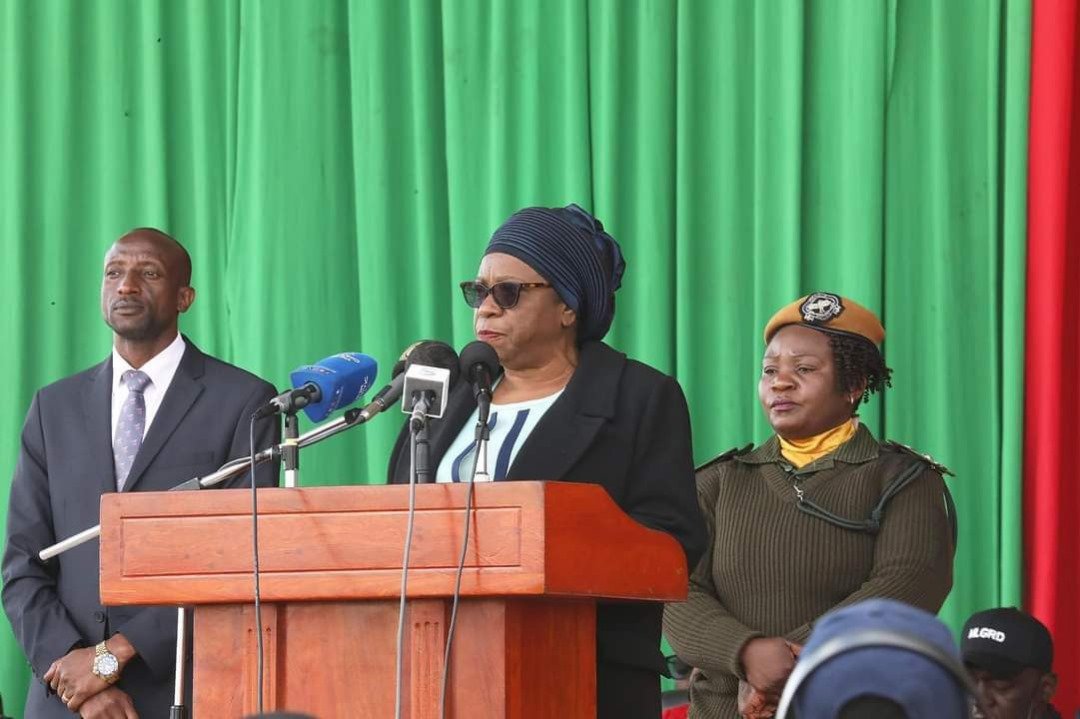The Centre for Environment Justice (CEJ) has commended the Government of Zambia for its commitment to addressing the pressing issue of water pollution on the Copperbelt, describing its proactive stance as a welcome development.
CEJ Executive Director, Maggie Mwape, acknowledged the government’s recognition of the devastating impact pollution has had on local ecosystems, communities, and livelihoods—particularly among residents who rely on land and water for survival.
She stated that the government’s efforts to mitigate the crisis mark an important step forward.
However, Ms. Mwape expressed concern over the proposed compensation package of K16,000,000 for more than 500 affected households and farmers, arguing that the amount is inadequate to reflect the scale of the damage.
On average, each farmer would receive approximately K30,000—a figure she described as insufficient, given the loss of fertile land, access to clean water, and diminished agricultural productivity.
Ms. Mwape urged the government and the responsible polluters to reconsider the compensation package to ensure fairness for the affected communities.
She emphasized that compensation must adequately reflect the losses suffered and empower farmers to rebuild their lives.
Furthermore, she called for a more comprehensive approach to resolving the Copperbelt water pollution crisis—one that includes thorough environmental impact assessments, sustainable pollution mitigation, enhanced community support, and long-term conservation strategies. Ms. Mwape reaffirmed CEJ’s commitment to working alongside the government to find sustainable solutions that prioritize the well-being and livelihoods of the affected communities.











